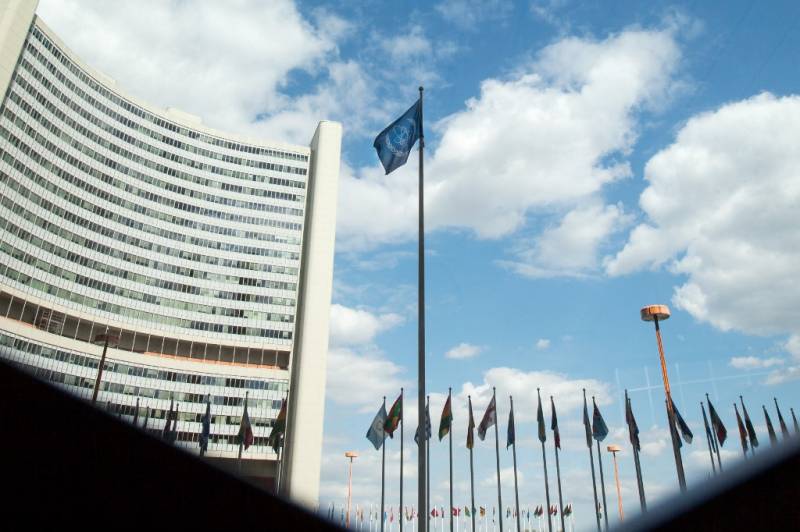UAE to host IAEA's most complex nuclear crisis drill

Stay tuned with 24 News HD Android App

The UAE said Tuesday it will this year host the International Atomic Energy Agency's most complex nuclear emergency exercise, a 36-hour drill that takes place every three to five years.
The exercise, which will involve more than 170 countries, will be held at the UAE's Barakah nuclear power plant on the Gulf coast west of the capital Abu Dhabi, which lies some 340 kilometres (210 miles) from Iranian shores.
The drill is designed to test international responses and capabilities in the event of a severe nuclear emergency.
"In the last quarter of this year, UAE will be hosting an international emergency exercise by the IAEA, which is called ConvEx-3," the permanent representative of the UAE to the IAEA, Hamad Al Kaabi, told AFP.
"It allows all the countries, more than 170 countries including countries from the region, to participate."
Known as the Level 3 Convention Exercise, it is the IAEA's highest level emergency exercise.
The United Arab Emirates, the fourth largest crude producer in the OPEC cartel, was built on oil. Nevertheless, it is spending billions to develop enough renewable energy to cover half of its needs by 2050.
The Barakah plant, a first for the Arab world, started up in August when authorities pushed the button on the first of four reactors, with the second reactor receiving its operating license on Tuesday.
When fully operational, the four reactors will generate 5,600 megawatts, around 25 percent of the UAE's electricity needs.
But the region is grappling with conflicts.
A few hundred kilometres away to the east, Iran has been facing severe sanctions designed to prevent it from acquiring nuclear weapons.
To the south, Yemeni rebels have been attacking Saudi Arabia and its oil facilities with drones and missiles.
Yemen's Huthis, backed by Tehran, have threatened to hit targets in the UAE including the nuclear plant, over its involvement in the six-year Yemen war.
But Kaabi said that the Barakah site is well protected.
Asked whether the plant is "immune" to outside threats, the Emirati official told AFP that "when we gave the licence, we took into consideration all these elements including physical security, cyber security, and protection against sabotage and any potential threat."
"It continues to be updated, based on any additional information," he said.
